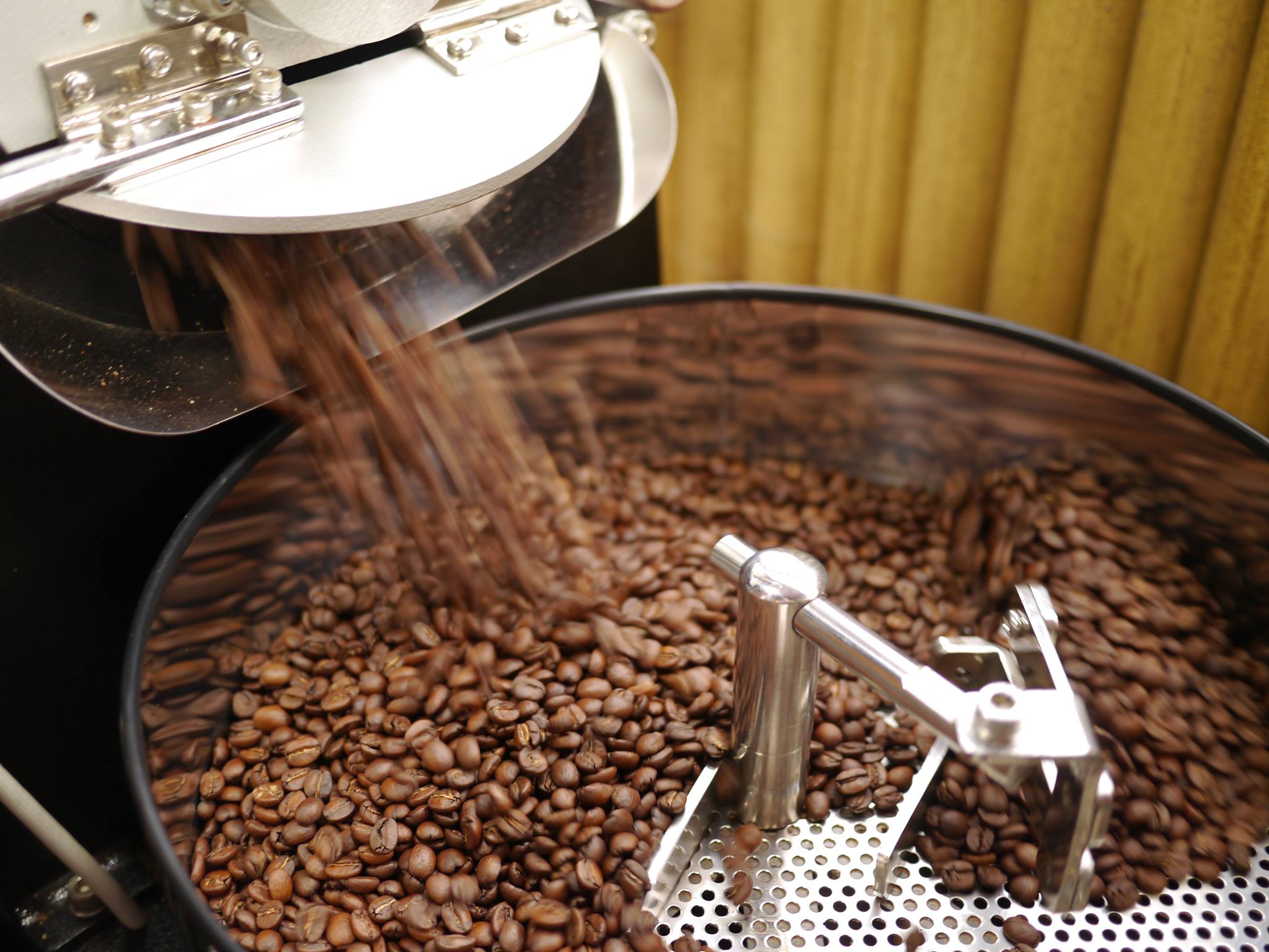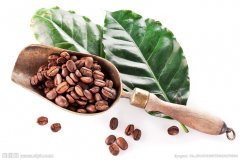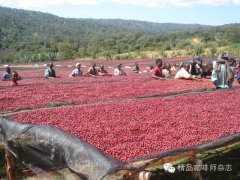What a coffee bean roaster must have
After the Industrial Revolution, reflecting on the temperature of the traditional handicraft industry, from the land to the table of this coffee produce, the baker walked into the coffee shop from behind the scenes, narrowed the distance between people and the land, went into their own roasted cafe, and sipped the painstaking efforts of the owner of a cup. Drink not only the aroma of coffee, but a strong sense of humanity.
More than a decade ago, the technology of coffee roasting was often a secret. Because employees of roasting plants often became competitors through independent doors, the common inheritance between father and son or relatives, coupled with the high cost of purchasing large machines, made coffee roasting an exclusive market for a few large factories.
In recent years, after the proliferation of inexpensive cafes and the impact of large chain stores, the trend of self-baking has been formed, and because many operators have developed or imported small bean roasters suitable for the market, so that some manufacturers have also shifted from simple coffee production and cooked bean wholesale to selling bean roasting machines as the main source of profit. And provide coffee roasting related technology as one of the auxiliary sales services.
Due to the rapid development of roasting technology from the traditional long-term training to the need to open a shop quickly, it has often become a neglected link, resulting in our own roasting cafe in addition to ensuring the freshness, the quality of coffee is often questioned.
The author believes that a coffee roaster should have the following conditions:
First, the ability to identify raw coffee beans:
The most basic thing is to identify the appearance and characteristics of raw beans in major producing areas, to understand the differences between new and old beans, to judge and screen defective beans, and even to find out the sources of raw beans, all of which are in order to obtain stable quality when buying raw beans.
Second, the technical ability of coffee baking:
The education and training that the machine manufacturer should provide includes the functional operation, troubleshooting and cleaning maintenance of the bean baking machine. And provide practical operation, such as the differences caused by different water content, hardness and other characteristics of raw beans in different producing areas at the same baking degree, as well as the baking curves and skills that need to be paid attention to, as well as in the process of different baking degrees. Throttle, temperature, firepower and other control.
Third, coffee cup test and bean blending ability:
Through the basic cup testing practice, the roaster can judge the quality of the coffee and the baking completion, and can also strengthen the description of the customer's sales introduction in the description of the coffee flavor; in addition, when preparing the comprehensive beans to be used in the store, we can grasp the characteristics of a single kind of coffee, balance and coordinate various proportions, and show the unique taste of our own roasting cafe.
Both the third wave of boutique coffee giants in the United States and the century-old shops in Japan have one thing in common, that is, they all display baking, packaging, retail, coffee drinks and desserts in front of consumers. Not "posturing", but really let consumers experience what is the real "From Seed To Cup". In recent years, self-roasting has gradually sprung up and blowout development, which also reflects that people have higher and higher requirements for the quality of coffee. They can only accumulate experience and improve each other through constant practice, trial and error correction, so that their own roasted coffee can become the mainstay of the market.

Important Notice :
前街咖啡 FrontStreet Coffee has moved to new addredd:
FrontStreet Coffee Address: 315,Donghua East Road,GuangZhou
Tel:020 38364473
- Prev

What is coffee and beans? Do coffee beans have to be fresh?
Boutique coffee (specialty coffee) is also called specialty coffee selection coffee. It refers to coffee made from a small number of raw beans with excellent taste grown in an ideal geographical environment. Depending on the special soil and climatic conditions in which they grow, they have outstanding flavor. After strict selection and classification, this kind of coffee is hard in texture, rich in taste and stylish.
- Next

Detailed explanation of sun, half-sun, water washing and honey treatment of coffee beans
In recent years, with the continuous popularity of boutique coffee, new occupations: roaster and cup tester have become popular in the industry, and coffee roasting has also become the preferred way for some baristas and enthusiasts to start a business. there are many factors that determine its taste, the variety of coffee trees, the way coffee beans are handled, the local conditions in which the tree grows, and even related to the tree.
Related
- What grade does Jamaica Blue Mountain No. 1 coffee belong to and how to drink it better? What is the highest grade of Blue Mountain coffee for coffee aristocrats?
- What are the flavor characteristics of the world-famous coffee Blue Mountain No. 1 Golden Mantelin? What are the characteristics of deep-roasted bitter coffee?
- Can I make coffee a second time in an Italian hand-brewed mocha pot? Why can't coffee be brewed several times like tea leaves?
- Hand-brewed coffee flows with a knife and a tornado. How to brew it? What is the proportion of grinding water and water temperature divided into?
- What is the difference between Indonesian Sumatra Mantinin coffee and gold Mantinin? How to distinguish between real and fake golden Mantelin coffee?
- What does bypass mean in coffee? Why can hand-brewed coffee and water make it better?
- Unexpected! Ruixing Telunsu lattes use a smoothie machine to foam milk?!
- % Arabia's first store in Henan opens into the village?! Netizen: Thought it was P's
- Does an authentic standard mocha coffee recipe use chocolate sauce or powder? Mocha Latte/Dirty Coffee/Salty Mocha Coffee Recipe Share!
- What is the difference between Vietnam egg coffee and Norway egg coffee? Hand-brewed single product coffee filter paper filter cloth filter flat solution!

